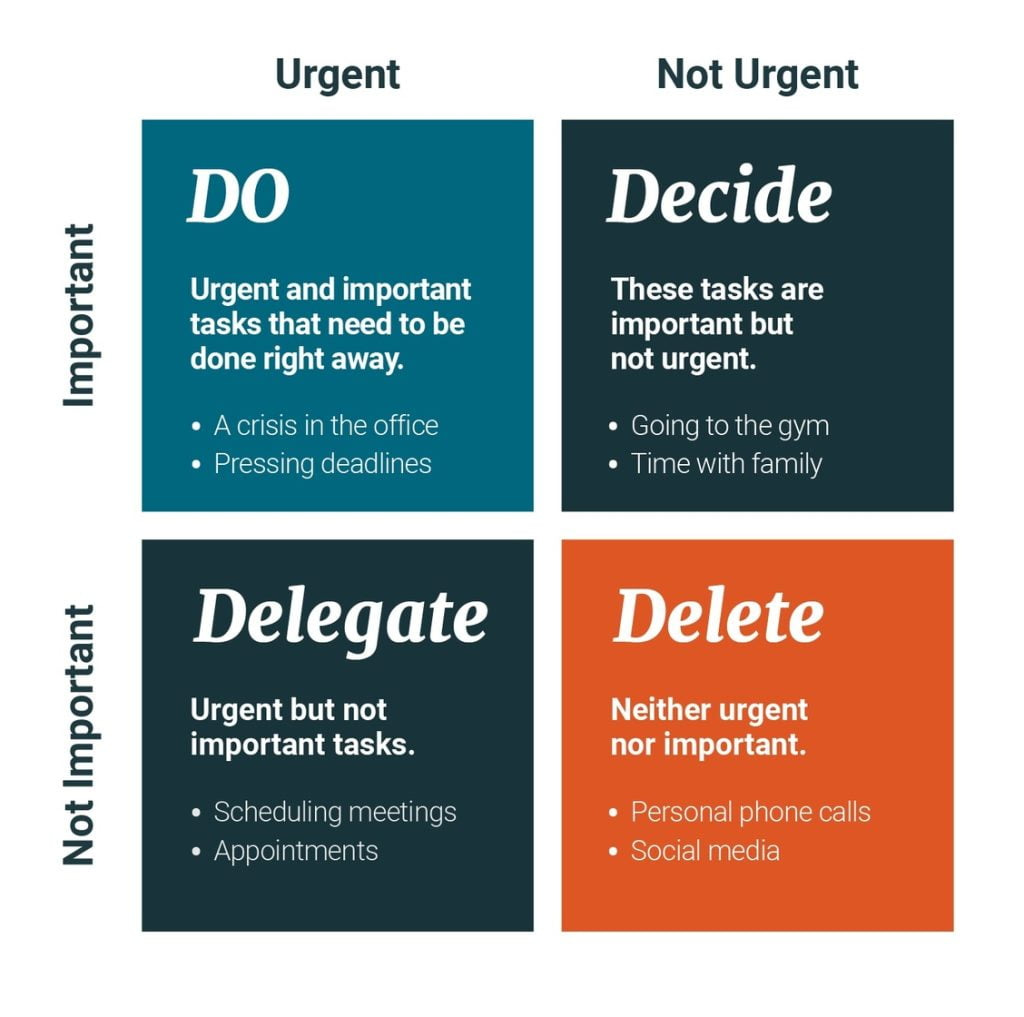Hard things don’t get easier, you just get stronger
Fear is the mind-killer.

I’ve had to do many hard things this week. Things that I had been anxious about for several days.
Here’s what was on my plate at the start of last week:
At work, I have numerous projects at multiple stages. Unfortunately, they all require heavy mental processing on my part, i.e., creation of new processes and execution of running initiatives.
Amidst all that, I needed to host, facilitate, and participate in a 2-day onsite workshop which included my manager, a few coworkers, and several people from a vendor.
And that was just at work.
At home, I was wrestling with a decision of whether to start going to another church with my family.
In the moments between meetings and daily activities, my thoughts drifted in and out of these various challenges. I kept worrying about every minute detail.
“What if this goes wrong?”
“How will they react?”
“What if I look stupid?”
I had various difficult tasks in front of me, and my worrying wasn’t helping to solve any of them.
I needed a new game plan
First, when I would catch my mind drifting into the territory of doubt and anxiety, I asked myself what was distressing me. For the onsite, I had been worrying about whether certain attendees would join, if I’d ordered enough food, and if the agenda required yet another revision.
At its core, I just didn’t feel 100% prepared.
So then I asked myself what one action I could take to improve things.
And if there was no action, I resolved to stop worrying and to be present in whatever I had been doing before these intrusive thoughts crept in.
Another useful strategy is to serialize the hard things. Even though it feels like it all comes crashing down at the same time, that’s rarely the case.
Handle the hard stuff one at a time. Multitasking is a myth. Put the full weight of your focus on a single task. Only when it’s done do you move on.
Years ago, I sat in on a training on Stephen Covey’s Four Quadrants of Time Management. It provided a useful rubric on how to categorize the tasks in your life based on urgency and importance. Once categorized, you have better insight into what to handle and when.
The more important a task is, the greatest impact it has on your long-term success.
The more urgent a task is, the sooner it requires your immediate attention.
And if a task is neither important nor urgent, either don’t do it or delegate it.
The challenge that most busy people have is that they spend all their time on urgent tasks. They’ll often tell you that they’re “putting out yet another fire”. They wander aimlessly through life like a sleep-deprived firefighter.
This isn’t a full study on the time management quadrants. However, I suggest you look into it as it provides a helpful lens to view all the stuff you have to do in your life.
Looking back at my examples, here’s how I would categorize them.
Work projects: Important but not urgent.
Onsite: Important and urgent.
Personal stuff: Important but not urgent.
I could clearly see that the onsite deserved my immediate attention. Once the onsite was complete, I could focus on my projects. And once the workweek was done, I could focus on my personal stuff.
And that’s precisely what I did.
Fear is the mind-killer
The final lesson that I learned this week came to me as I was in the process of doing the hard stuff.
I’ve been reading through the Dune chronicles, and I was reminded of the Litany Against Fear this week.
I will not fear. Fear is the mind-killer.
I will face my fear. I will let it pass through me.
When the fear has gone, there shall be nothing.
Only I will remain.
— Children of Dune, Frank Herbert
I came to the realization that the actual event, whether it be a tough meeting or a hard email to write, was much less painful than the buildup.
All the what-if scenarios that end in disaster far outweighed the uncomfortableness of the actual events. In fact, I surprisingly enjoyed working through my challenges in the moment.
It’s easier said than done to stop worrying and be present in all moments of your life. But you can try the strategies I’ve provided in small increments until you really get comfortable with them.
When a challenge comes along:
Reflect on what’s really worrying you.
Determine what action, if any, you can take.
Put aside the worry.
Categorize your task based on importance and urgency.
Do the hard thing and be present in the moment.
And you know what the best part of working through your challenges is? You either end up stronger for it or you learn a valuable lesson.



